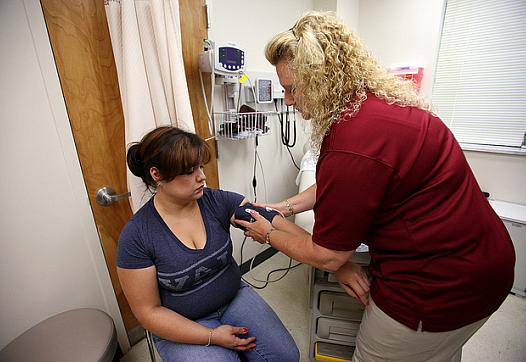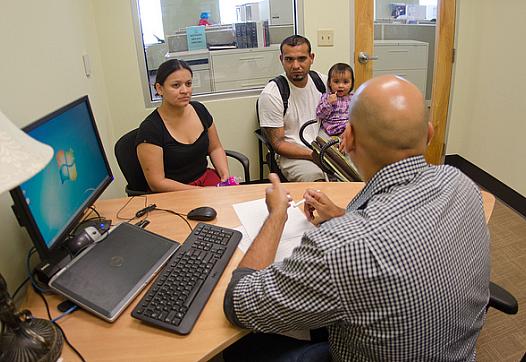
Health insurance premium hikes have been modest in recent years, but out-of-pockets costs are another story. Our Thursday webinar on "Out of Pocket: Surprise Costs After Health Reform" offered a primer on the trends and a host of story ideas for reporting on these topics.







